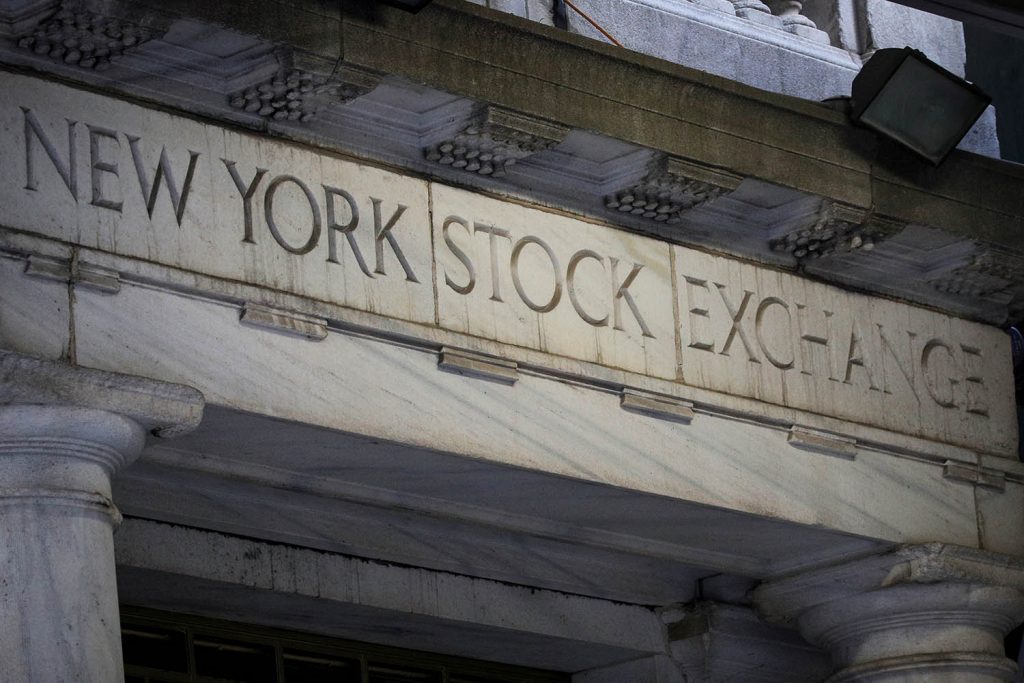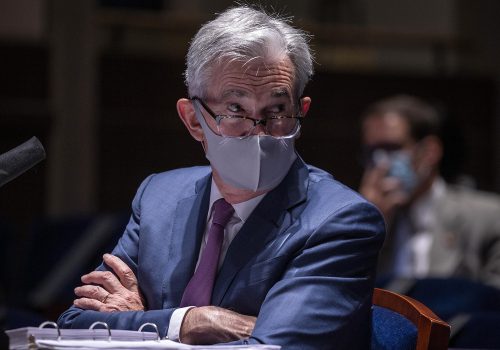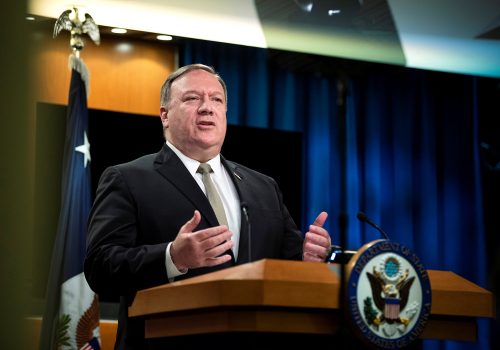On August 6, the Treasury Department’s Working Group on Capital Markets defined operational standards that Chinese firms must uphold to remain listed in New York. These recommendations were lost among the headlines of the designation of Chief Executive of Hong Kong Carrie Lam, which says something about the administration’s focus on sequencing its actions effectively. But the new standards are a solid piece of homework by US regulators and have greater systemic implications than many measures against China over the past months. Yes, this is highly technical, but so are many of the issues being shunted to the forefront of American diplomacy. The operating rules for the world’s two largest economies are becoming less interoperable (with some notable exceptions), leading to market diversion and disruption, to the chagrin of multinationals and export-dependent economies. The American Chamber of Commerce in Hong Kong reports that a staggering number of US firms are reconsidering their presence as a result of the National Security Law. While the business community looks on with much concern, protectionists in both the United States and China may see this as an opportunity to redirect domestic capital into their own firms. If they get their way, it remains to be seen whether either country will be any good at industrial policy without the other. Our non-resident senior fellow Hung Tran unpacks the implications of the WG for us.
—Julia Friedlander
Why the new rules are necessary:
The President’s Working Group on Financial Markets has recommended that the Securities and Exchanges Commission (SEC) adopts rules requiring Chinese companies listed on US stock exchanges to give US regulators—in this case, the Public Accounting Oversight Board (PCAOB)—access to their audit work papers. These companies have until January 1, 2022 to comply with the rules; if they do not, they have to delist from US stock exchanges. New Chinese companies applying for a listing must adhere to the rules right away. About two hundred Chinese companies are listed on US exchanges.
Even though the Working Group action takes place against the backdrop of intensifying tension between the United States and China, it is a reasonable and necessary measure to correct an abnormality—aiming to level the playing field in terms of compliance with disclosure requirements by all US-listed companies and to enhance investor protection. Until now, China’s accounting firms—including affiliates of big US accounting companies—have refused to share their auditing work papers (on Chinese firms) with the PCAOB, citing Chinese law which prohibits the sharing of such information with foreign authorities on grounds that the documents may contain state secrets. The Working Group addresses this argument by suggesting co-audits by an accounting firm which the PCAOB deems to have proper access to audit work papers and has a willingness to cooperate with the PCAOB. China’s securities regulators have also sent to the US authorities their proposal for co-auditing US-listed Chinese companies.
For these US measures to work, China must adjust its law to allow the sharing of audit work papers on Chinese firms listed in the US with the PCAOB. If not, those Chinese firms will have to delist from US exchanges by January 1, 2022 and re-list elsewhere. In fact, anticipating difficulties, Alibaba Group secured a secondary listing on the Hong Kong Stock Exchange last November. The ANT Group, Alibaba’s financial arm, has also reportedly decided to avoid the United States and is planning a dual listing in Hong Kong and Shanghai, with an initial public offering worth $30 billion—the world’s biggest until now.
International investors, including from the US, will continue to be able to invest in Chinese companies listed outside the US. In fact, from China’s point of view, encouraging more corporate listing, especially by high tech startups at home and opening up its markets to foreign investors would modernize and boost its equity markets. This is important in improving the efficiency of China’s financial system, including by helping Chinese households to diversify their investment portfolios, which have relied too much on real estate.
Hung Tran is a nonresident senior fellow at the Atlantic Council, and former Executive Managing Director at the Institute of International Finance.
Julia Friedlander is the C. Boyden Gray senior fellow and deputy director of the Global Business and Economics Program at the Atlantic Council. She has served as senior policy advisor for Europe at the US Treasury and director for European Union, Southern Europe, and Economic Affairs at the National Security Council from 2017 to 2019.
Further reading:
Image: The 11 Wall St. door of the New York Stock Exchange (NYSE) is seen in New York City, New York, U.S., June 26, 2020. REUTERS/Brendan McDermid



